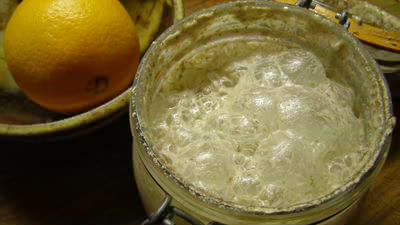Scientists discover that chemical reactions that lead to a significant reduction in greenhouse gases can be performed simply by giving sugar to artificial bacteria

Researchers have discovered a 'carbene transfer reaction' pathway using artificial bacteria that can significantly reduce greenhouse gas emissions. The discovery opens a promising path towards the production of sustainable biochemical fuels.
Complete integration of carbene-transfer chemistry into biosynthesis | Nature

Engineered Bacteria Offer a Powerful New Way To Combat Climate Change

This was found by joint research between the Lawrence Berkeley National Laboratory and the University of California, Berkeley.
Researchers have long wanted to use carbene, a divalent carbon species with only six valence
This time, the research team replaced this 'expensive chemical' with a natural product that can be produced by a genetically modified strain of the bacterium Streptomyces .
This engineered bacterium uses sugar to produce chemicals through cell metabolism. Jing Huang , lead author of the paper and postdoctoral fellow in the Berkeley National Laboratory's Keithling Lab, said, 'This work allows us to carry out carbene reactions without the use of toxic solvents and gases commonly used in chemical synthesis. 'This biological process is much more environmentally friendly than today's chemical synthesis methods.' 'You just add sugar and the cells do the rest,' said Jay Kiesling, principal investigator of the study and CEO of the Department of Energy's Joint Bioenergy Laboratory.

The engineered bacteria used in the study metabolized sugars into carbene precursors and alkene substrates, and also expressed evolved P450 enzymes that use the carbene precursors and alkene substrates to produce new bioactive compounds and highly functional compounds. produced a high-energy molecule, cyclopropane, which could be used for sustainable production of biofuels.
“We can now do this interesting reaction inside the bacterial cell,” Kiesling said. I can connect,' he said. However, according to Huang, it is not ready for commercialization yet.
'Every new breakthrough requires someone to take the first step. In science, it can take years to succeed, but we must keep trying -- we We can't afford to give up, and I hope our work inspires others to keep looking for greener and more sustainable biomanufacturing solutions.' I'm talking
Related Posts:
in Science, Posted by logc_nt







